Click on the link for the 'This is my Place' themed pack for families and communities from Place2Be./essex/primary/chrishall/arenas/well-being/web/families-and-communities-pack-childrens-mental-health-week-2026_20260212060810008.pdf

Here's a useful parent guide from Thrive 365 for supporting in reducing or relieving stress in your child or teen.
/essex/primary/chrishall/arenas/well-being/web/keepingstressincheck_20241013093414133.pdf
 Frontline is a community project that helps the public and frontline workers to quickly find details on local health and wellbeing services and easily access services through call-back and referral options. Whether you are looking for support and advice for family members, older people, mental health, transport and getting about, addiction support and wellbeing services, Frontline is designed to enable you to refer yourself or speak to someone who can refer you through to an appropriate service.
Frontline is a community project that helps the public and frontline workers to quickly find details on local health and wellbeing services and easily access services through call-back and referral options. Whether you are looking for support and advice for family members, older people, mental health, transport and getting about, addiction support and wellbeing services, Frontline is designed to enable you to refer yourself or speak to someone who can refer you through to an appropriate service.
https://www.uttlesford.gov.uk/article/5603/Uttlesford-Frontline
Be friendly to others and give your relationships a boost.
https://actionforhappiness.org/calendar
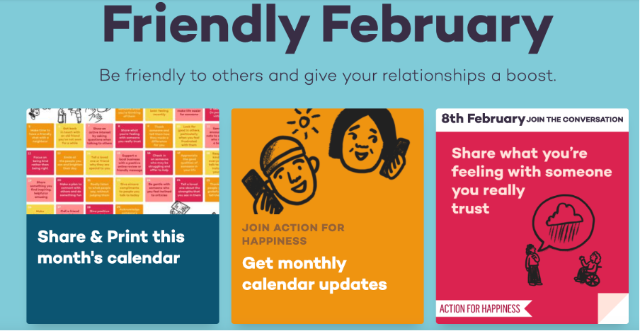
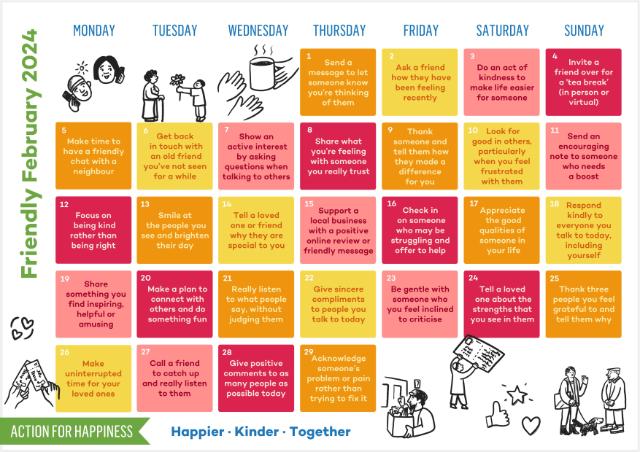
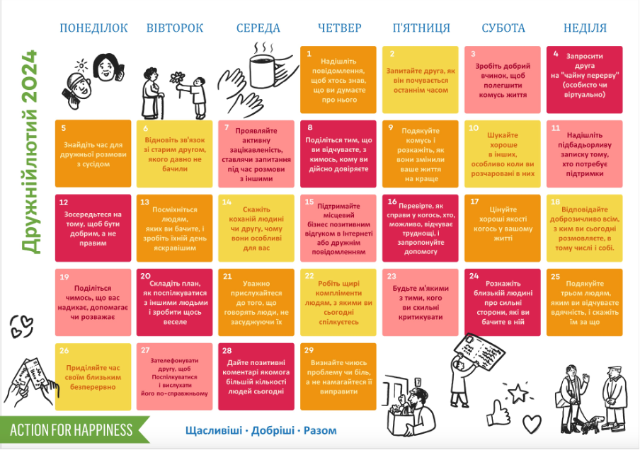
Some great practical tips to support children’s wellbeing and behaviour.
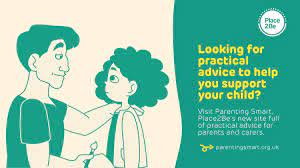
https://parentingsmart.place2be.org.uk/
The theme of this year's Children's Mental Health Week is Growing Together Growing Together is about growing emotionally and finding ways to help each other grow. Challenges and setbacks can help us to grow and adapt and trying new things can help us to move beyond our comfort zone into a new realm of possibility and potential. However, emotional growth is often a gradual process that happens over time, and sometimes we might feel a bit 'stuck'. As parents and carers, you can play an important role in your child's mental health.
Below are some great resources from Place2Be ...
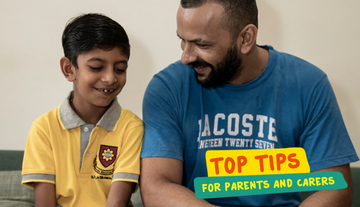
Helpful tips for you, and your children, to help you think about the different ways we can grow.
/essex/primary/chrishall/arenas/well-being/web/cmhw_growingtogether_parentscarerstips.pdf
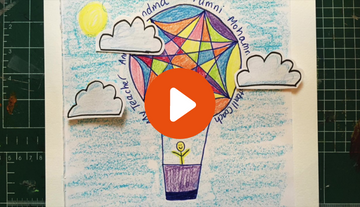
This activity from Place2Be's Art Room team can help children think about who supports them to grow.
https://www.youtube.com/watch?v=9XVOnukmI5Y
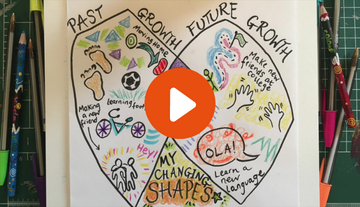
This activity supports young people to look back at their past growths.
https://www.youtube.com/watch?v=zZ7oMeEE8NM
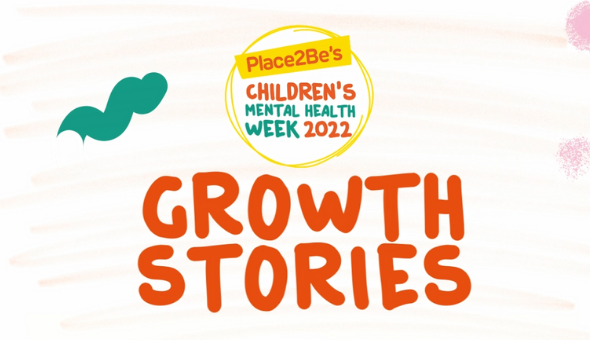
In exclusive interviews with Place2Be Ambassador Josh Smith, TV, music and sport stars share their stories.
https://www.childrensmentalhealthweek.org.uk/growth-stories/
Parenting Smart
Take a look at Place2Be's new site which is full of practical advice and tried and tested tips for parents and carers of primary-age children. https://parentingsmart.place2be.org.uk/
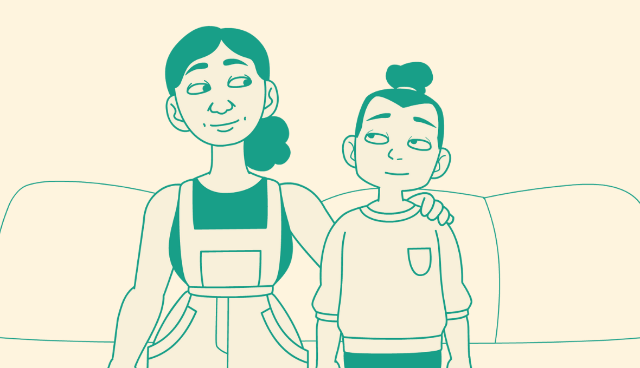

edutopia shares some interesting information and resources about promoting kindness and empathy:
https://www.edutopia.org/SEL-parents-resources
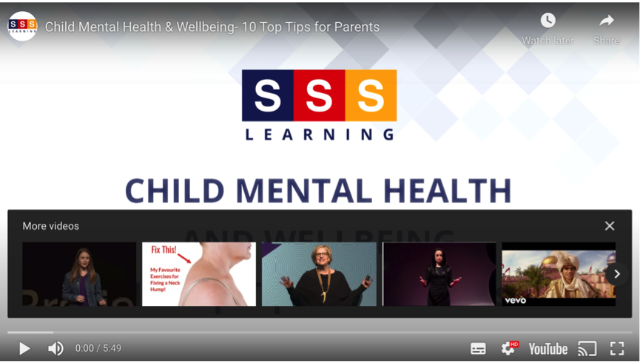
Find out how you can support your child's mental health during the pandemic.
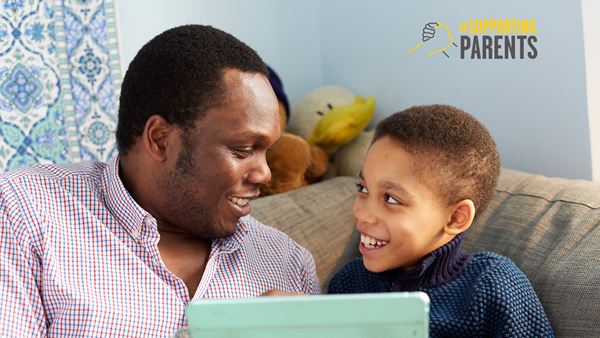
https://youngminds.org.uk/supporting-parents-helpfinder/
We are spending more time online than ever before, possibly sitting and working with poor posture as we use makeshift desks and chairs. There is a tendency to take fewer breaks and less exercise and this is affecting our physical well-being.
Beacon House the specialist, therapeutic service for young people, families and adults has produced a series of six posters outlining ways to keep safe and alert when working at home, whether children or adults.
https://beaconhouse.org.uk/wp-content/uploads/2020/05/Screen-Savers-1.pdf
This poster aims to support parents when their child has angry feelings or outbursts and may help families start a conversation and talk about each other’s feelings.
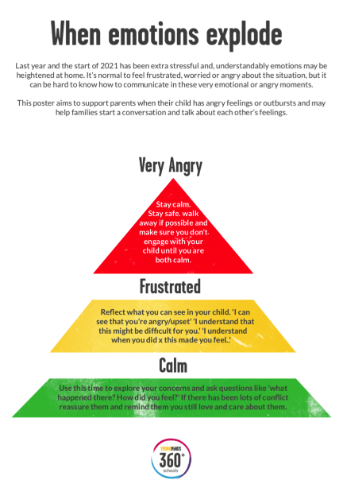
https://youngminds.org.uk/media/4291/when-emotions-explode-poster.pdf
Click on the links for some activities that may be helpful when your children tell you they're bored!
I have a bank of these that I will share each week.
'Little Cooks' blog is filled with useful information to help you and your children lead healthy, happy lives! It has recently been updated with some tips and tricks to help with homeschooling - Little Cooks Co style!
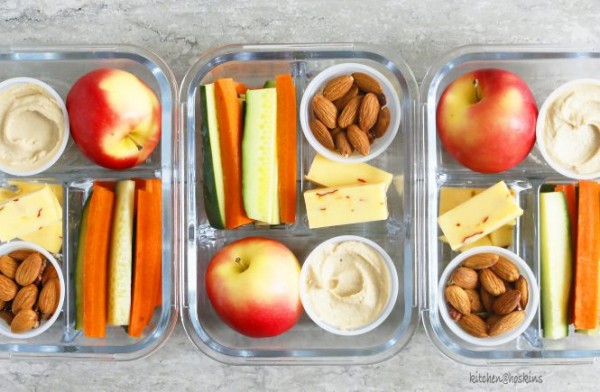
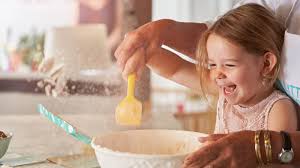
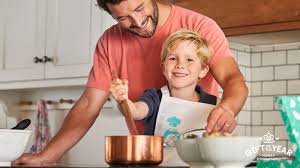
https://www.littlecooksco.co.uk/blog/
Here's a link to a great yoga class that you can enjoy doing with your child/ren
https://www.youtube.com/watch?v=8iVF-ATCVrk&feature=emb_logo
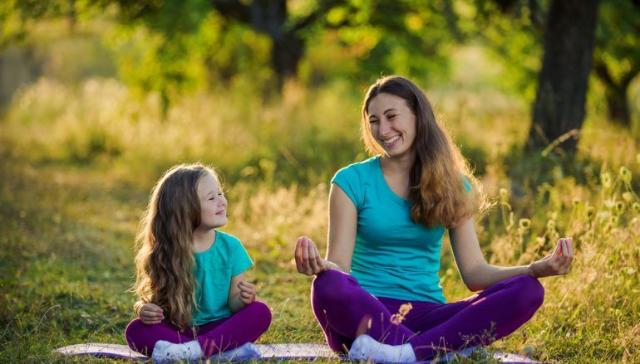
This organisation hosts some valuable tips and advice for single parent families. It's important you take care not only of your children, but of yourself.
https://www.gingerbread.org.uk/information/you-and-your-childs-wellbeing/
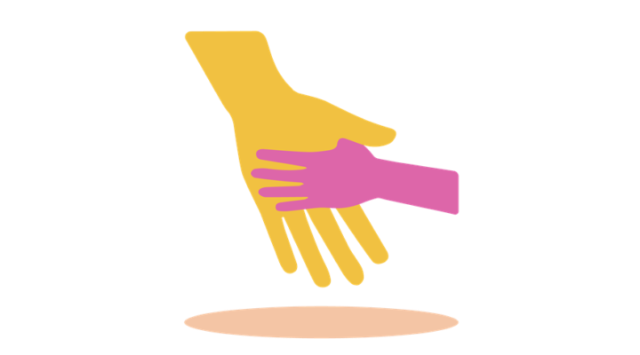
'Being a parent can be challenging in everyday situations. Now, more than ever, taking care of your mental health is important. Staying at home more or having to work during a difficult situation can put different pressures on everyone. And if you're struggling, it's okay to reach out for support from friends, families and organisations that are here to help .'
Changes to our mental health can sometimes affect children and their well-being. They may pick up on your anxiety or low mood. This doesn't mean you should hide or minimise your feelings. You can try to explain them using phrases like, "It's ok to get big feelings, everyone gets big feelings but it's still the grown up's job to look after the children" or "If grown-up's get big feelings it's not your fault - we can ask other grown-ups for help with our feelings."
https://www.nspcc.org.uk/keeping-children-safe/support-for-parents/mental-health-parenting/
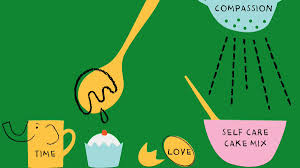
Click on the link for some great tips for parents about how to manage your wellbeing during lockdown: https://www.bbc.co.uk/bitesize/articles/zrmhscw
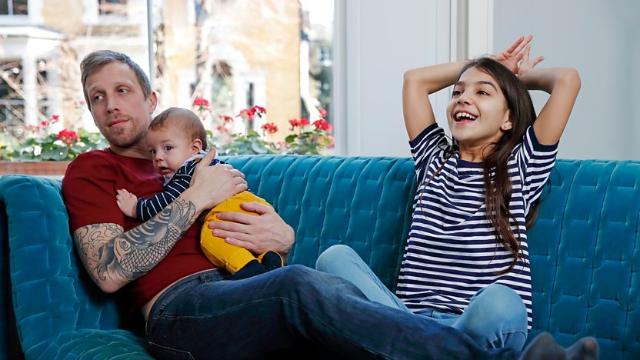
During the Covid-19 pandemic, we're all feeling less secure and missing our usual routines. But just as doing exercise improves physical health, you and your child can do activities to boost their mental health.
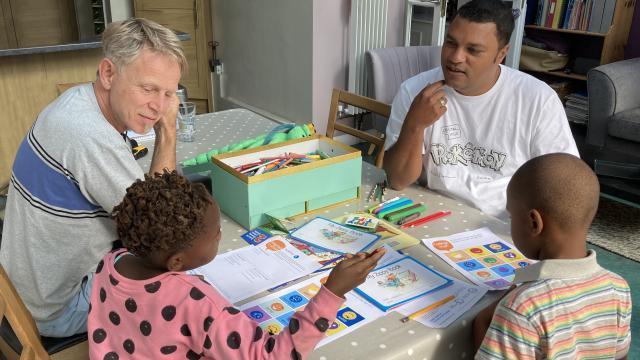
Click on the links for tips on how to set up a family Zones-Check in at home and for activities that support self-regulation
https://www.youtube.com/watch?v=66ogmkG98pI&feature=emb_logo
https://www.youtube.com/watch?v=H_O1brYwdSY
This link provides an overview of the Zones of Regulation that we have adopted in school:
https://www.zonesofregulation.com/learn-more-about-the-zones.html
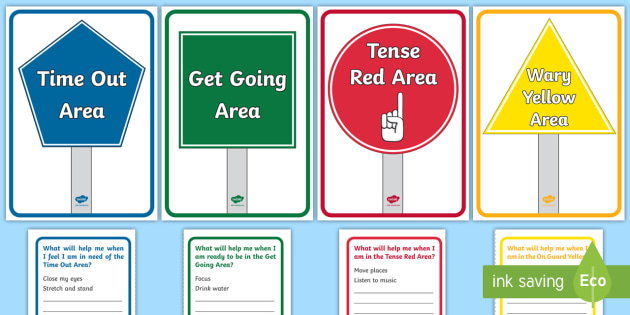
This website has loads of downloadable resources that especially support social and emotional learning and mananging strong feelings. The activities will help in supporting children's self-esteem and emotions. The links I have listed are free and many suggest books that may also be helpful, but there resources available that can be purchased.
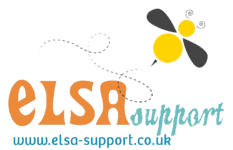
wellbeing shield: https://www.elsa-support.co.uk/wellbeing/
sleepy mobile: https://www.elsa-support.co.uk/sleepy-mobile/
gratitudes and emotions tracker: https://www.elsa-support.co.uk/gratitude-and-emotions-tracker/
worry jar activity: https://www.elsa-support.co.uk/worry-jar/
positivity potion booklet: https://www.elsa-support.co.uk/positivity-potion-booklet/
breathing exercise wheel: https://www.elsa-support.co.uk/breathing-exercise-wheels/
safe place activity: https://www.elsa-support.co.uk/safe-place/
gratitude jar: https://www.elsa-support.co.uk/gratitude-jar/
self-esteem booster wheel: https://www.elsa-support.co.uk/self-esteem-booster-wheel/
emotions wheel art therapy: https://www.elsa-support.co.uk/emotions-wheel-art-therapy/
https://www.elsa-support.co.uk/category/free-resources/page/2/
Try these simple relaxation and mindfulness activities together and help your child learn to calm down when they feel stressed or anxious.
Even very young children can feel stressed and anxious, especially during times of change or upheaval. Luckily, there are lots of simple activities you can do together to help your little one learn to calm themselves.
Being able to recognise and cope with anxiety is a skill that will benefit children for life - try these simple, calming activities together and see which ones work for you.
https://www.bbc.co.uk/cbeebies/joinin/seven-techniques-for-helping-kids-keep-calm
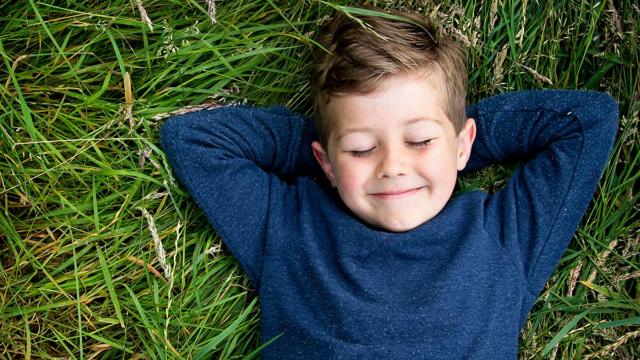
YOUNG MINDS has put together lots of valuable tips and advice for supporting children's mental health including transition out of lockdown, returning to school, coping with grief and loss, accessing mental health support and treatment and looking after yourself.
https://youngminds.org.uk/find-help/for-parents/
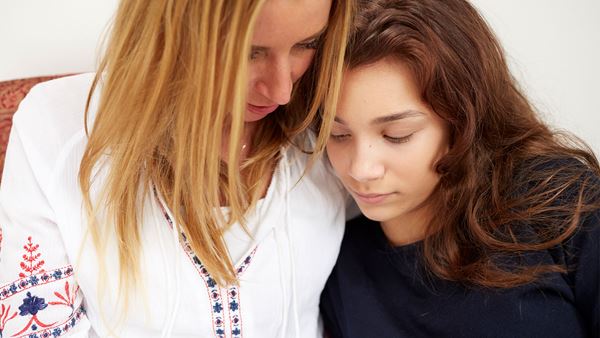
Some useful advice from the NHS - worth a read!
This is a useful document to read should your child be feeling anxious about Coronavirus.
/essex/primary/chrishall/arenas/well-being/web/how-to-support-your-child_corona(1).pdf
Action for Children has lots of great wellbeing tips including: managing challenging behaviour, addressing tween anger and dealing with parental guilt.
https://www.parents.actionforchildren.org.uk/covid-19-advice-support
Throughout Wellbeing in 15, children will learn simple strategies and activities that will help them manage stress and cope with challenges.
Now is an essential time for children to learn about caring for their own mental health. Wellbeing in 15 takes this rather complicated area and breaks it down over 10 mini-courses.

Here's a link to the Lighthouse Blog which hosts lots of great activities for children and families.
The link below has lots of Coronavirus updates, advice and support that you may find useful
https://www.place2be.org.uk/about-us/coronavirus-updates-advice-and-support/
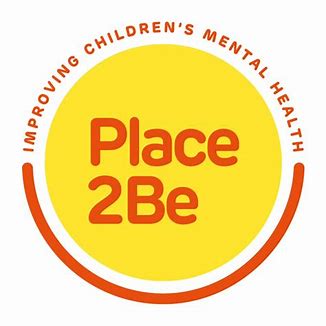
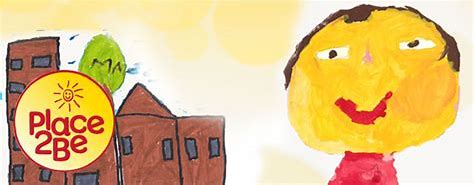
This video from Anna Freud (National Centre for Children and Families) provides guidance to parents and carers about how they can help children and young people manage their mental health and wellbeing during any disruption caused by the Coronavirus.
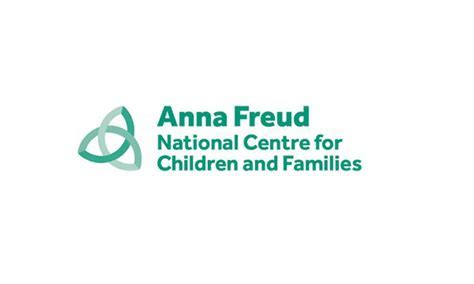
Partnership for Children - Good mental health for children - for life has brought out some great resources to support children's wellbeing during the current situation.
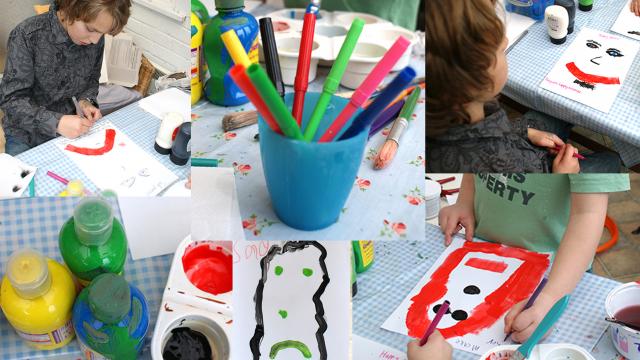
GoZen Free Webinar: 6 Essential Skills to Transform Stress and Anxiety for Kids and Teens - During the one hour masterclass, you will learn:
https://gozen.com/masterclass/?fbclid=IwAR0SU9Tfqt8XT0yyFWDTIE8uzKUt0kSlUNmfUDIVOTDXKolDwcyMHMXF_uo

Sleep Meditations for Kids, Free (Apple and Android)
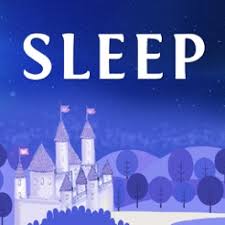
If you have an anxious child who finds it hard to drop off at night, this meditation app is well worth trying. Designed by a yoga and Montessori teacher, it’s aimed at children aged 12 and under and can help with sleep issues, insomnia, stress and anxiety, as well as promoting feelings of wellbeing.
FOCUS
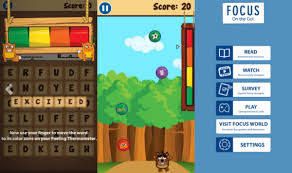
FOCUS stands for Families Overcoming Under Stress, and this app aims to teach resilience to every member of the family. It helps your child to develop skills in problem-solving, goal-setting, communication, emotional regulation, and managing trauma and stress. In addition to the games and comic creator function, there's an extensive Resources section, with useful tools such as Feeling Foxes (expressive cartoon foxes with feeling words that help children name their emotions) and deep breathing and meditation exercises to work through with your child, along with videos and articles on subjects such as how to hold a family meeting. The Resilience Surveys, which can be taken by parents, your child, or the whole family, are also helpful in showing how you’re getting on with building resilience.
Three Good Things, free (Apple)


Evidence suggests that if you write three good things down every day, your happiness and positivity increase. This simple little app is a great way for your child to record what they’re grateful for. Each day, the app prompts children to think about what went well, with three boxes to type their comments in. They can add them all at once at the end of the day, or as they happen. They get to level up for recording their thoughts on streaks of consecutive days, and can look back at their history to remind themselves of the things they’re thankful for.
Over time, the app will train children to look for things to appreciate and make the practice of gratitude a habit.
Worrinots £1.29 per month or £9.99 per year (Apple and Android)
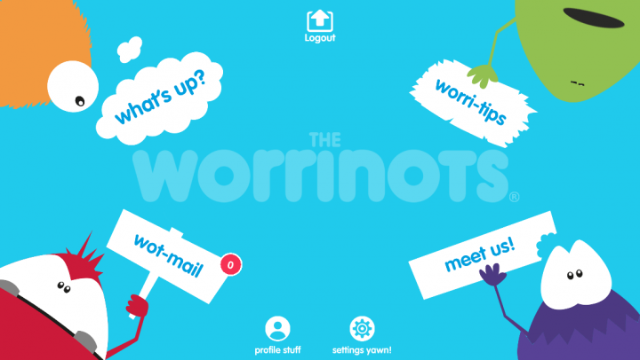
The Worrinots are four friendly monsters who help your child deal with their worries. If there’s something on their mind, they tap the ‘what’s up?’ bubble, and are invited to choose one of the monsters to help them. They can then type or speak their problem, click on how it makes them feel – sad, worried, scared or angry – and tap to make the fear disappear. A message from their chosen Worrinot appears in their inbox, explaining how it has dealt with your child’s worries by stomping on them, ripping them up, jumping around or eating them.
There’s also a Worri-tips section where your child can read advice on coping with issues like anxiety, bedwetting and families.
The really clever feature is the companion parent app, Wotnot. This has to be downloaded to a separate device and enables you to see what your child has told their Worrinots, so you can keep track of how they’re feeling. You can also reply to their messages as a Worrinots character, so you can give them advice without them realising it’s you.
Here's the link to the leaflet I shared in the week about how families can support each other's mental health during isolation.
/essex/primary/chrishall/arenas/well-being/web/copingwithisolation.pdf
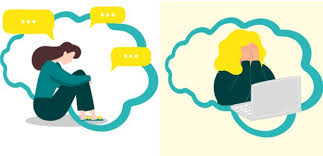
We know that taking care of your mind as well as your body is really important while staying at home because of coronavirus.
The tips and advice in this link from the NHS are things we can do now to help ourselves keep on top of our mental wellbeing and cope with how we may feel while staying at home.
https://www.nhs.uk/oneyou/every-mind-matters/coronavirus-covid-19-staying-at-home-tips/
Talking to your child about how they're feeling can be hard. By taking 20 minutes with them to do an activity you'll both enjoy, you'll be able to create a relaxed space to start that conversation. Here's a list of activities you could do in twenty minutes with your child. (Not all are possible at the moment.)
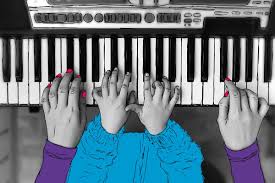
https://youngminds.org.uk/starting-a-conversation-with-your-child/20-activities-for-20-minutes/
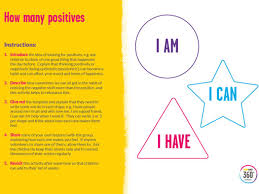
Many children struggle to think positively. Regular negative thoughts can become a habit and can affect our overall mood and levels of happiness. This simple activity sheet will help your child to visualise and recognise positive features in themselves. This activity is worth revisiting over time by asking your child to add to the list of assets.
/essex/primary/chrishall/arenas/well-being/web/how-many-positives-360-activity.pdf
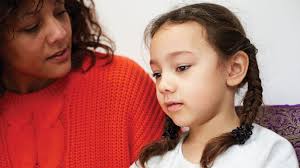
It's understandable for children and adults to feel concerned or anxious about coronavirus. Here are some useful tips to help support your child.
/essex/primary/chrishall/arenas/well-being/web/how-to-support-your-child_corona.pdf
You may also like to share this book with your child ...
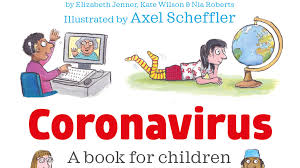
https://nosycrow.com/wp-content/uploads/2020/04/Coronavirus_INSwith-cover.pdf
Action For Children has lots of fantastic guides on mental health

These fact sheets provide information about how to recognise potential mental health conditions in children. The fact sheets provide an introduction to the following conditions: Depression, Anxiety, PTSD, OCD, Conduct Disorder and ADHD.
Recognising Depression in Children
Recognising Post-traumatic Stress Disorder
Recognising Conduct Disorder in Children
Recognising Obsessive Compulsive Disorder
Recognising Attention Deficit and Hyperactivity Disorder
Recognising Anxiety Disorders in Children
The School Nurse Team host Drop-In sessions for advice and support for Health Issues including: Bedwetting, Behaviour, Hearing Tests, Growth Checks and Confidential Advice. Please look at the poster for dates.
/essex/primary/chrishall/arenas/well-being/web/dropinposternew2020.pdf
https://www.healthforkids.co.uk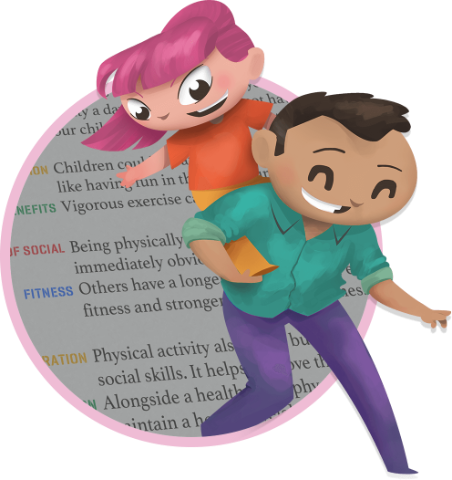
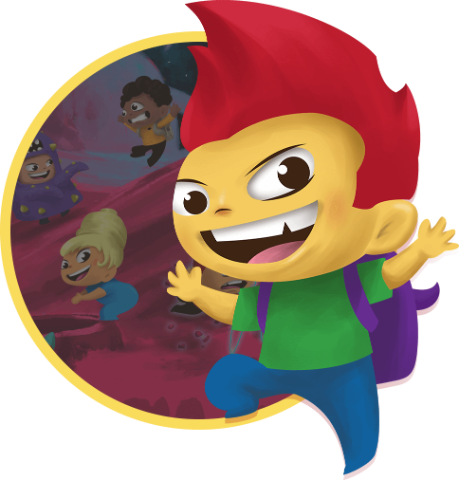
This is a great website for both parents and children!
Young Minds http://www.youngminds.org.uk is a mental health charity that is committed to improving children's well-being and mental health. A great survival guide has been put together provides information to some common mental health conditions, how young children and young people can cope and where to go to get help. https://youngminds.org.uk/find-help/for-parents/parents-survival-guide/
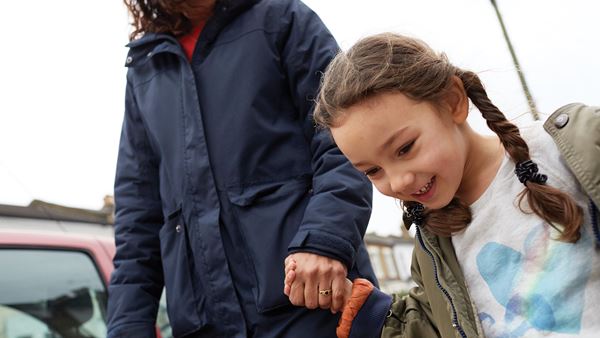
The Children's Society hosts a wealth of useful resources to support mental health and well-being. Having read through this booklet, I would suggest that it very worthy of a read ... /essex/primary/chrishall/arenas/well-being/web/howtosupportyourchildswell-being.pdf
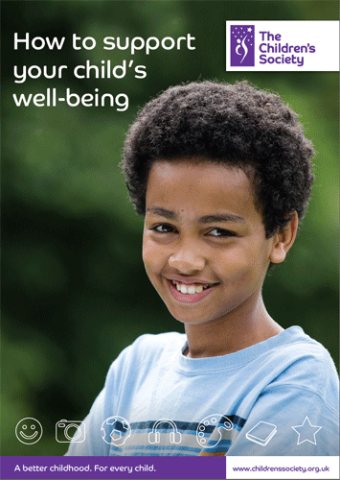
Every month Virgin Care - Essex Child and Family Wellbeing Services release informative and helpful campaign bulletins. A recent one was linked to sun safety. Do take a read ... /essex/primary/chrishall/arenas/well-being/web/2019-m05-05campaignbulletin-sunsafety.pdf